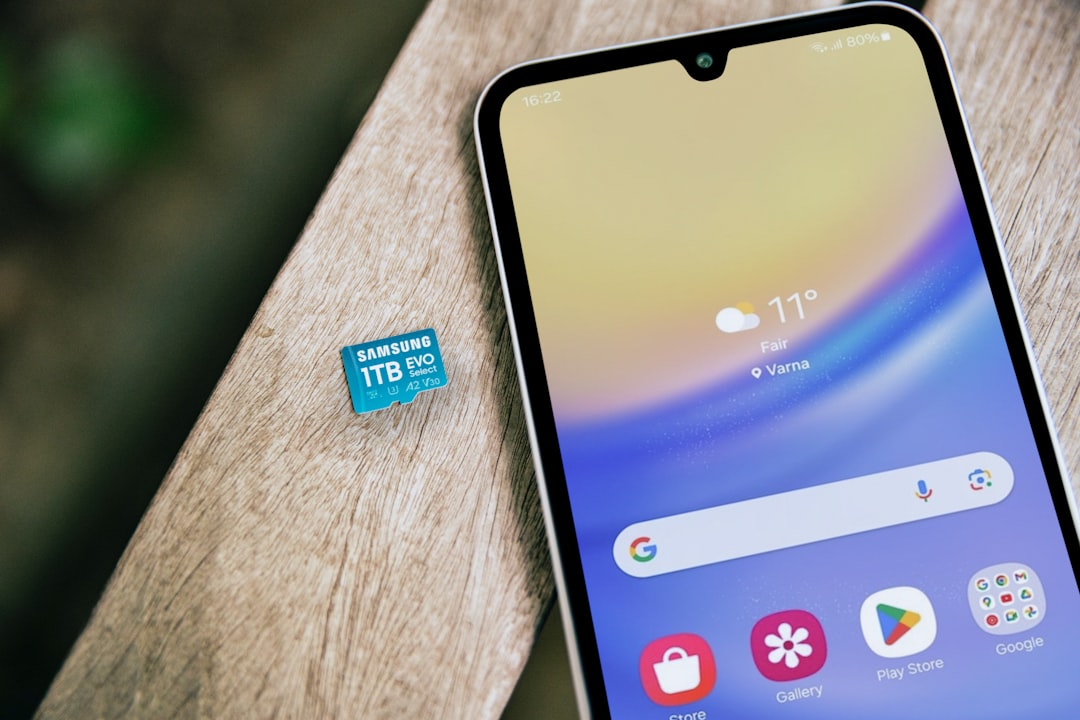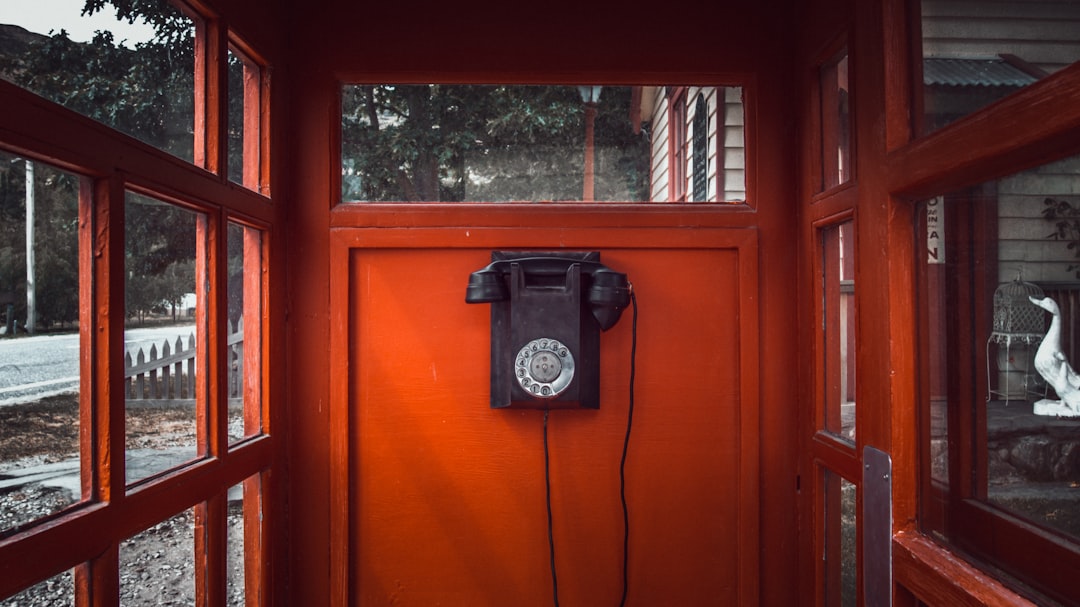Knoxville, Tennessee, has successfully addressed the growing issue of charity-related scam calls through a comprehensive strategy. By combining advanced caller ID systems, 'Do Not Call' lists, community education, and collaboration between charities and law enforcement, they've reduced spam calls significantly. Residents are encouraged to take proactive measures like registering on the National Do Not Call Registry, using call-blocking tools, and being cautious with personal information to prevent scams and protect legitimate charitable organizations in Tennessee and beyond.
Knoxville, TN, has achieved notable success in reducing charity-related scam calls, protecting residents from deceptive practices. This article delves into the strategies employed by Knoxville to combat this growing issue, offering insights into how the city navigated the complex landscape of charity scams. We’ll explore ‘How to Stop Spam Calls Tennessee’ by examining the problem’s impact and practical tips for residents to safeguard against unwanted calls, ensuring a safer, more informed community.
Understanding the Problem: The Impact of Charity Scam Calls in Tennessee

In Knoxville, as in many parts of Tennessee, charity-related scam calls have been a significant concern for residents. These unwanted phone calls often pose as legitimate charities, exploiting people’s generosity to gain personal information or financial contributions. The impact is far-reaching; it not only disrupts daily life but also fosters a sense of distrust among well-meaning individuals who may be hesitant to answer calls from unknown numbers, let alone donate to perceived worthy causes. Understanding how these scams operate and their devastating effects on communities is the first step towards tackling this growing issue.
Tennessee residents often find themselves in a delicate position when it comes to charity scam calls. While many genuine charitable organizations rely on phone outreach to raise funds and awareness, cybercriminals have mastered the art of impersonation, preying on people’s compassion. By using sophisticated techniques and targeting vulnerable populations, these scams can lead to substantial financial losses and emotional strain for victims. How to Stop Spam Calls Tennessee becomes a pressing question as the state looks to protect its residents and preserve the integrity of charitable giving.
Strategies Knoxville Used to Reduce Scam Calls

Knoxville, a bustling city in Tennessee, has successfully implemented strategies to combat a persistent issue that many Americans face—unwanted charity-related scam calls. The city’s approach to reducing these intrusive phone scams involves several key methods. Firstly, they utilized advanced caller ID systems and blocking technologies to identify and filter out suspicious numbers. By educating residents on how to recognize potential scams and encouraging them to register in ‘Do Not Call’ lists, Knoxville empowered its citizens to take proactive measures against spam calls.
Additionally, the city collaborated with local charities and law enforcement agencies to verify legitimate fundraising activities, ensuring that genuine charity organizations could continue their vital work without disturbing the public. These collective efforts have significantly reduced the number of scam calls received by Knoxville residents, providing them with a quieter and safer environment. This success story offers valuable insights for other communities in Tennessee and beyond on How to Stop Spam Calls effectively.
Practical Tips for Residents: How to Protect Yourself from Spam Calls

To protect yourself from spam calls in Tennessee, start by being proactive and informed. First, consider registering your phone number on the National Do Not Call Registry. This federal list helps prevent telemarketers from calling your number. Regularly review and update your privacy settings on all devices and accounts, especially social media platforms.
Additionally, be cautious when sharing your contact information. Avoid providing your phone number unless absolutely necessary. If you receive suspicious calls, don’t engage or respond. Instead, hang up immediately and report the number to your service provider or relevant authorities. Using call-blocking apps and hardware filters can also significantly reduce spam calls. Remember, staying vigilant is key to maintaining a spam-free experience in Knoxville and beyond.






